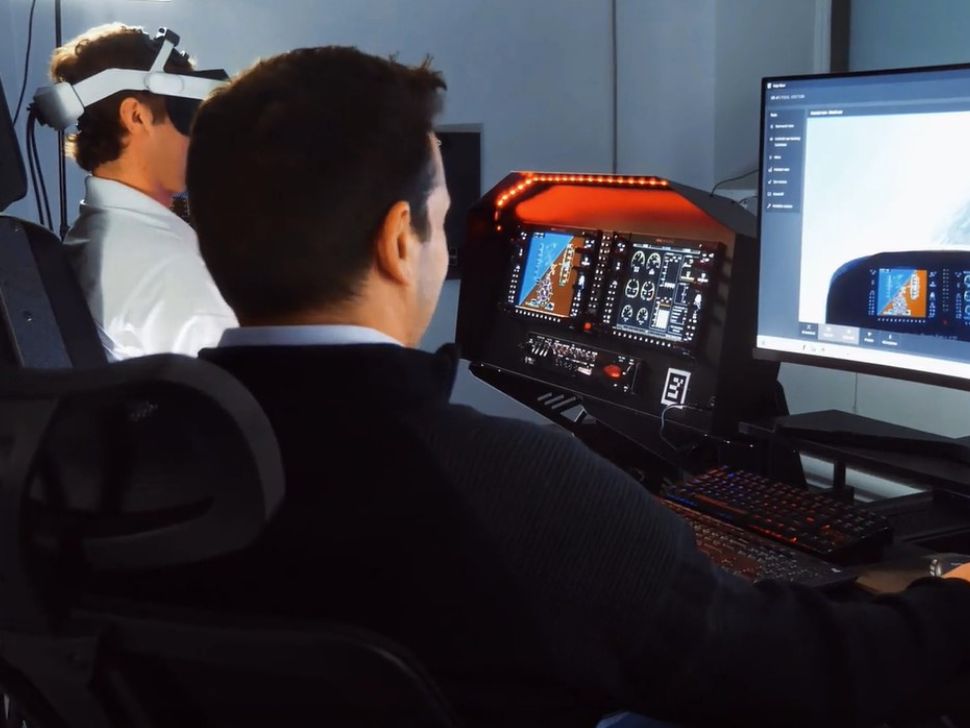The shortage of pilots across Canada and the world is continuing to get worse. One Christian ministry is finding a way to train pilots faster and in a safer way using Virtual Reality (VR).
"Simulator training is not a new thing in aviation," says Dallas Derksen, a pilot and the managing director at Prairie Aviation Training Center out in Three Hills, AB. "It's been happening for a long time. There's always been a big gap between airline-style simulators and what your average flight school can provide for training. Virtual Reality is a relatively new technology."
Derksen believes that as more and more people travel, on top of the fact that many airline pilots are retiring, there are a few causes leading to the pilot shortage.
"What we've just received, our first one, is a Cessna 172 trainer. The flight deck is, inch for inch, an exact replica of a Cessna 172 aircraft. Everything is displayed in exactly and functions exactly the same as it would in an aircraft."
This technology is the first of its kind, being so close in relation to the reality of all the planes' instruments and how it handles.
Transferring to Real Life Skills
"There are a lot of days in the winter where we simply can't fly our airplanes. It's too cold, it's too snowy, whatever. With this technology, we are hopeful that in the coming time, the simulator will be approved to a level that will allow us to do flight training in that simulator on those days."
The VR training exercise can also help to minimize fuel consumption and wear and tear on airplanes.
"We're involved with Transport Canada in a pilot project that's looking at this exact thing right now."
Derksen has used the VR program once, and as a pilot and training instructor, he sees the benefits of this outweighing any concerns when it comes to training competent pilots.
"I would actually make the argument that the safety is probably enhanced, definitely in the training environment. There's a lot that you can do with a simulator that you can't do in a real airplane. In the simulator, if the student makes an error, you can simply pause it, debrief the situation, talk about what happened and maybe what they should have done, reset the SIM, and then continue on. Do it again and ensure that they do it correctly in the airplane."
At the heart of all they do, Mission Aviation Fellowship (MAF), partnering with Prairie College, is all about sharing the gospel.
"As an MAF pilot, our mission is to serve together to bring help, hope and healing through aviation and our vision being to see isolated people changed by the love of Christ. It's not just about cranking out pilots as fast as we can. It's about discipling young people, and discipling these up-and-coming pilots."
The VR simulation program isn't up and running currently, but Derksen hopes that once everything has been thoroughly tested that they will be able to use it to train their pilots.
